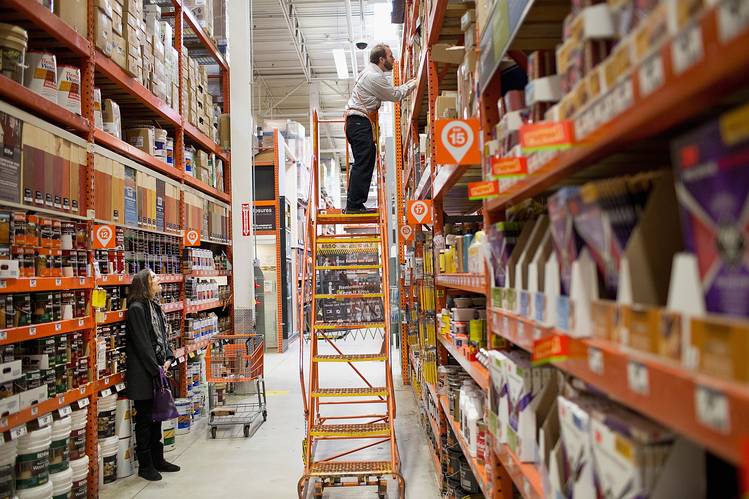Economy
Nigeria’s Inflation Rate Inches Higher in September Amid Rising Economic Uncertainty and Social Unrest

Nigeria’s Inflation Rate Jumps to 13.71 Percent in September
Inflation rate in Africa’s largest economy has continued to rise despite efforts by both the Central Bank of Nigeria and the Federal Government to contain the persistent increase in prices.
In the latest Consumer Price Index (CPI) report released by the National Bureau of Statistics (NBS), the inflation rate increased by 13.71 percent year-on-year in the month of September.
This was 0.49 percent higher than the 13.22 percent recorded for the month of August.
On a monthly basis, the inflation rate rose by 1.48 percent in the month under review, up by 0.14 percent when compared to 1.34 percent achieved in August.
CPI, which measures the inflation rate in an economy at a certain period, has been rising in Nigeria since the beginning of the year and jumped above 13 percent after COVID-19 broke out in the country in February.
Disruption of the global supply chain by COVID-19 lockdown escalated prices in Nigeria, a nation that depends on imports for over 90 percent of its consumption. Inability to import goods amid limited local production bolstered prices during the COVID-19 lockdown.
However, plunged in oil prices amid dwindling foreign reserves weighed on the Central Bank of Nigeria’s ability to intervene at the nation’s foreign exchange market to support the Naira value and boost US dollar liquidity in Africa’s largest economy.
Also, the devaluation of the Nigerian Naira to accommodate the change in the nation’s economic fundamentals means local businesses or importers need more money to import the same goods. Therefore, persistent dollar scarcity, higher foreign exchange rates amid limited available import goods are responsible for the high cost of goods and services.
Again, the social unrest between the Nigerian government and the youths has continued to drag on the nation’s investment sentiment. Plunging the necessary foreign direct investment needed to cushion the economy, especially with the foreign reserves presently hovering between $35.75 billion.
The Food sub-index rose by 15.13 percent year-on-year in September, representing an increase of 0.26 percent from the 14.87 percent posted in August.
On a monthly basis, the food sub-index rose by 1.88 percent in September 2020, up by 0.21 percent points from 1.67 percent recorded in August 2020.